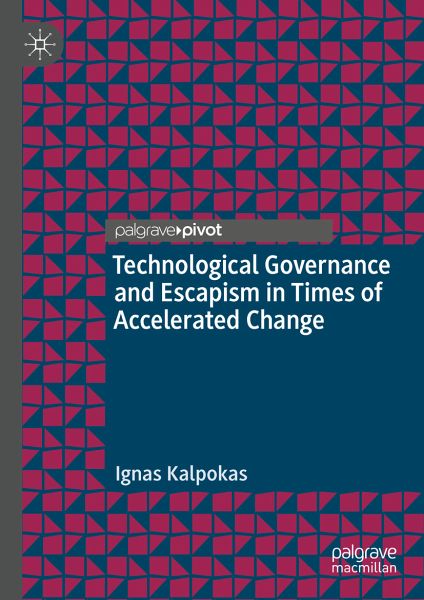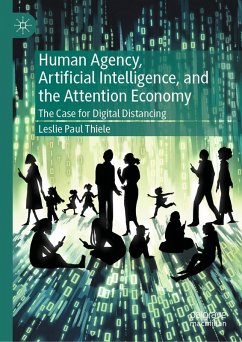
Technological Governance and Escapism in Times of Accelerated Change (eBook, PDF)
Versandkostenfrei!
Sofort per Download lieferbar
36,95 €
inkl. MwSt.
Weitere Ausgaben:

PAYBACK Punkte
18 °P sammeln!
This book examines escapist coping strategies brought about by the pace, breadth and governance of technological change. It argues that escapism manifests in various forms, ranging from nostalgia for a fantasised past of unhindered reason and agency, to progressive visions of societal and political improvement, and greater empowerment. Drawing on post-humanist theory and critical disability studies, the book also assesses how escapism should not be viewed as an unavoidable reaction to technological change, and develops a model for an ethically equitable relationship between humans and technolo...
This book examines escapist coping strategies brought about by the pace, breadth and governance of technological change. It argues that escapism manifests in various forms, ranging from nostalgia for a fantasised past of unhindered reason and agency, to progressive visions of societal and political improvement, and greater empowerment. Drawing on post-humanist theory and critical disability studies, the book also assesses how escapism should not be viewed as an unavoidable reaction to technological change, and develops a model for an ethically equitable relationship between humans and technology. It will appeal to all those interested in governance and politics, media and communication studies, technology studies, and philosophy.
Dieser Download kann aus rechtlichen Gründen nur mit Rechnungsadresse in A, B, BG, CY, CZ, D, DK, EW, E, FIN, F, GR, HR, H, IRL, I, LT, L, LR, M, NL, PL, P, R, S, SLO, SK ausgeliefert werden.












